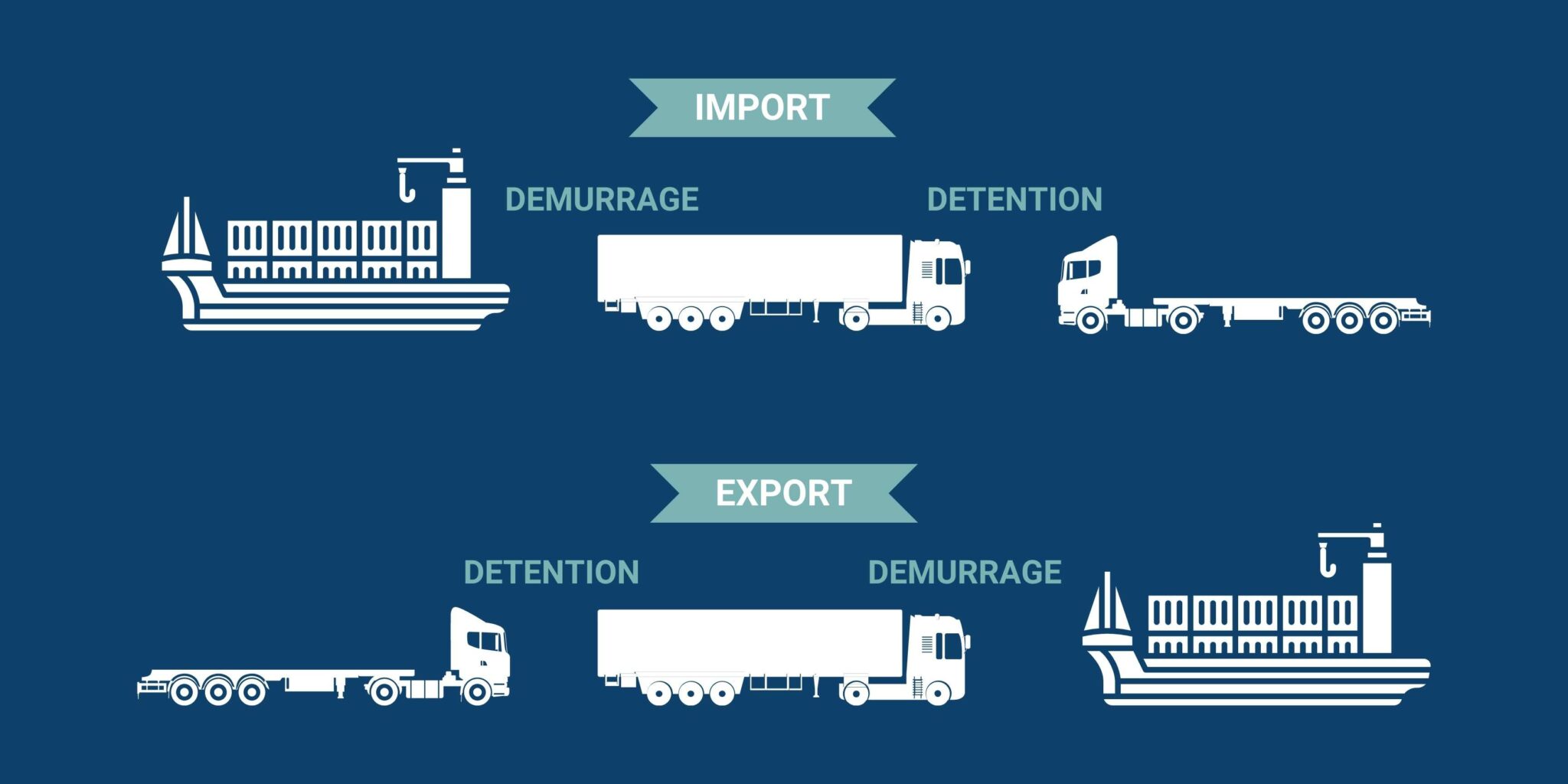International shipping can often be complex, and managing costs effectively is key for many shipping companies to turn a profit. Among the various charges that shipping companies will often face, detention and demurrage fees can be significant. However, there are demurrage claims jobs available where shipping companies hire specific individuals to help better strategise and manage these fees. Here, we’ll be discussing what these charges are and provide you with some practical tips on how to manage them effectively.
What Are Detention and Demurrage Charges?
Detention and demurrage charges are fees that are put on imports, exports, and freight forwarders for using containers outside of what’s known as the ‘agreed free time’. Detention charges will apply when a container is held outside a port or terminal for loading or unloading beyond the free period. Demurrage charges are when containers remain within the port or terminal beyond the set number of free days. Essentially, shipping companies are given a certain number of days that they can use for free to load and unload or store their ships. Anything past this period will incur a fee.
Challenges In Managing These Charges
Some of the biggest challenges when managing these charges are usually factors that are beyond the control of the shipping company. For example, port congestion has become a significant issue in many ports around the world, which can then lead to delays in unloading and loading of the containers as the ships are physically unable to reach the port within the allotted time frame. Further to this, customs clearances and operational efficiencies like late cargo dispatches or a lack of warehouse space can all contribute to causing these fees, making it more difficult to manage.
Tips For Managing Detention and Demurrage Charges
To help you with managing detention and demurrage charges, we’ve put together a list of our top tips.
Tip 1: Improve operational efficiencies
By improving tracking capabilities and providing more visibility on all stages of the shipping route, you will be able to get a better handle on external factors like port congestion and other potential delays. Better utilisation of technologies such as container management software can help you to plan more efficiently.
Tip 2: Negotiating Terms With Carriers
Building stronger relationships with carriers could give your shipping company more ‘free time’ or even provide reduced rates that can help you with cost savings. These relationships are vital,, and regular communication can help you build them.
Tip 3: Training and Protocol Development
One of the biggest hurdles that shipping companies face is a lack of knowledge and experience among their crew. Regularly training them on best practices, particularly around documentation and container handling, can help make them more efficient and reduce human error, which could cause further delays and increase charges. You should also consider developing protocols to help them deal with expected and unexpected delays.
Conclusion
Properly managing detention and demurrage charges is achievable. You can do this through proper planning and strategy, the adoption of technologies to improve operational efficiencies, and the introduction of protocols to boost your crew’s capabilities. With proactive measures and ongoing improvement, many shipping companies can significantly reduce these costly fees while enhancing the efficiency of their overall operations.

 Join Daily Trust WhatsApp Community For Quick Access To News and Happenings Around You.
Join Daily Trust WhatsApp Community For Quick Access To News and Happenings Around You.


